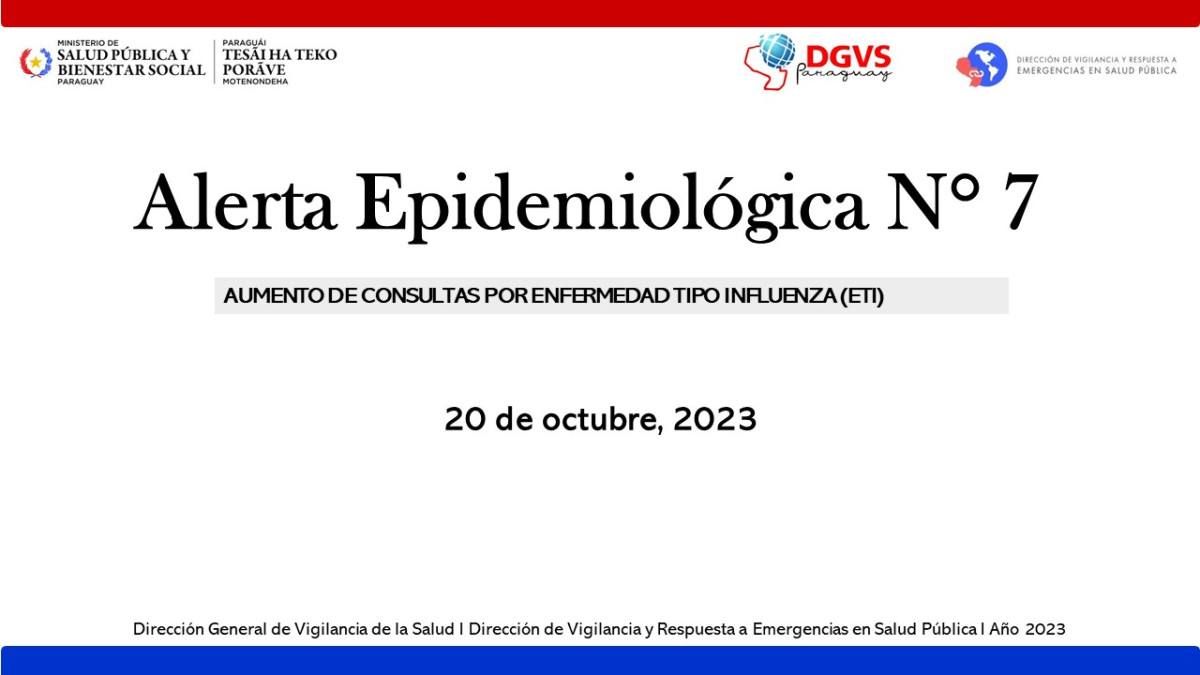Assumption. Due to a significant increase in the number of medical consultations for influenza-like illness (ILI), the General Administration of Health Supervision has initiated an epidemiological alert. The move aims to inform health teams and professionals about the situation and strengthen surveillance, prevention and control measures for the disease.
According to the report, in the 40th epidemiological week, the number of influenza-like illness notifications increased by 16% compared with the previous week, causing the trend curve to remain above the warning threshold. This unusual pattern raises concerns because it differs from what was observed in seasons prior to the COVID-19 pandemic.
In addition to the increase in influenza cases, increased activity of the SARS-CoV-2 virus and the spread of other respiratory viruses have also been observed. This increases the risk of complications and serious respiratory illnesses, such as influenza and bronchiolitis in infants, and pneumonia complications in adults.
Health surveillance warns that these conditions may increase the demand for care on health systems for severe acute respiratory infections (SARI), which may pose a risk of a greater burden due to the coexistence of SARS-CoV-2 with other diseases. Respiratory viruses, such as influenza, can cause serious or even fatal cases.
Given this situation, vaccination and self-care are urgently needed to prevent and control the spread of acute respiratory infections. The importance of the influenza vaccine (quadrivalent) was emphasized to avoid severe cases and their complications, reduce the risk of hospitalization and save lives, especially in the priority group of 6 months of age.
Likewise, vaccination with the COVID-19 (bivalent) vaccine is recommended to prevent severe infection and reduce the chance of hospitalization and death, and is recommended annually starting at age 6 years. The pneumococcal vaccine is also considered an important measure because it provides protection against 23 pneumococcal serotypes against diseases such as pneumonia and bacterial meningitis caused by Streptococcus pneumoniae, and is intended for those aged 60 and older or who do not have a vaccine People with vaccination history. . or those who have not been vaccinated within the past 5 years.
Finally, the Agency emphasizes the importance of keeping regular vaccination schedules up to date for children, especially those under 5 years of age, as an essential measure to prevent these respiratory diseases.

